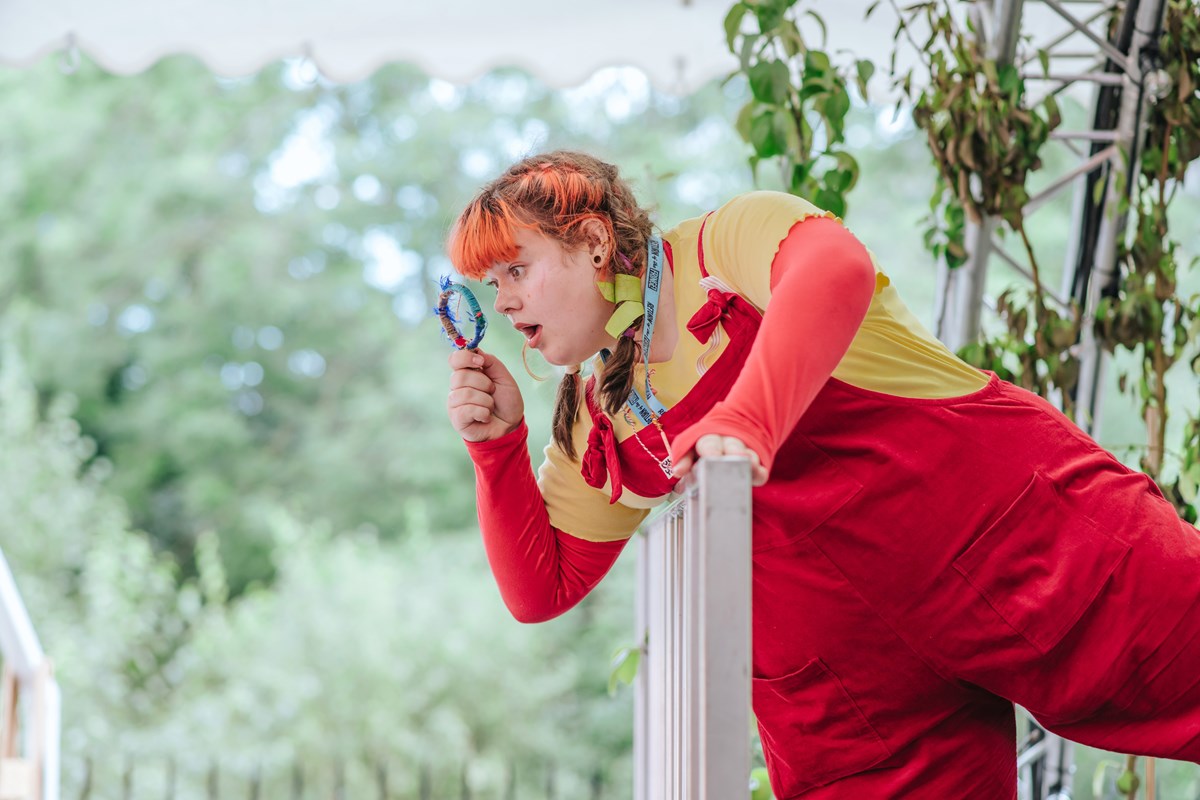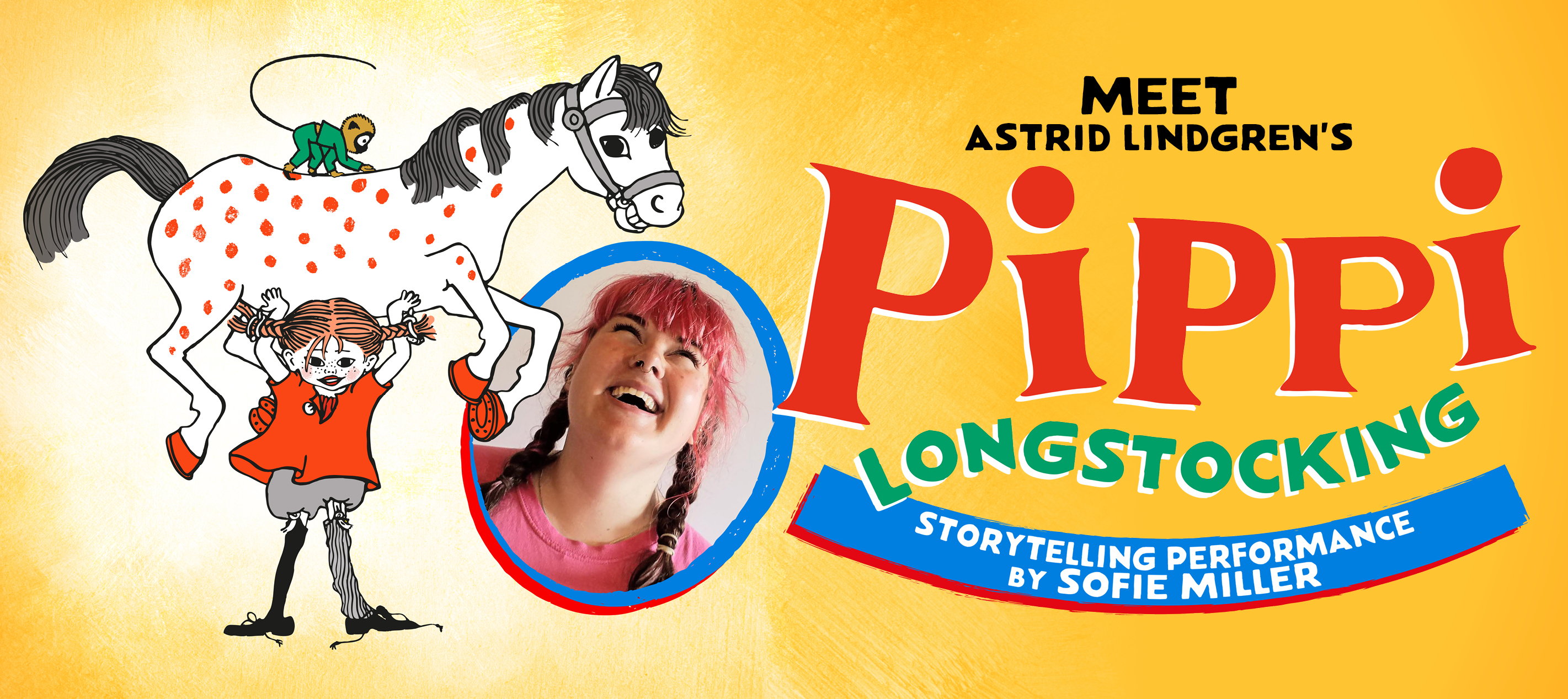2023 marks 75 years of Astrid Lindgren’s much-loved character Pippi Longstocking in the UK, as she made her first published appearance here in 1948. Since then, around 70 million copies of the Pippi books have been sold in 70 languages and Astrid Lindgren now sits fourth in the list of most translated children’s authors in the world.
Here’s why the ‘strongest girl in the world’ and her creator are both feminist icons…

Pippi is the original rebel girl
Pippi is more current than ever: a self-sufficient, capable girl who doesn’t let anything – or anyone - shake her self-belief or take advantage. She shows children how to stand up for themselves and to reject prejudice and authoritarianism. With her mis-matched stockings, carrot-coloured hair and freckly face, super-human strength and resilience, she goes against stereotypes for girls to be uniformly pretty or behave in a ladylike way.
Pippi is a poster girl for resilience, kindness, fairness and acceptance
“Someone who is very strong has to be very nice.” Pippi Longstocking is the strongest girl in the world and she could easily abuse her power – but she doesn’t. She is kind-hearted, generous and always on the side of the weak and vulnerable. The Daily Telegraph once wrote: “If Pippi met Voldemort she'd make mincemeat of him and then, because she’s a generous, forgiving soul, sit him down and feed him ginger snaps.”
Pippi has some huge celebrity fans
Well-known fans of Pippi Longstocking range from Lady Gaga to Amy Poehler, Lauren Child to Maggie O'Farrell, Chancellor Merkel to the Obamas. “Pippi was my girl,” Michelle Obama said in an interview in 2018: “I loved her strength — not just her physical power, but the idea that she wouldn’t allow her voice to be diminished by anyone.”
Astrid Lindgren is a cultural icon
She is one of the world’s most popular and translated authors, writing 34 books and 41 picture books from 1907 until her death in 2002. Her work has been adapted for theatre, stage and screen and there are museums and amusement parks in her name in Sweden and abroad. She appears as a feminist icon in Good Night Stories for Rebel Girls, and her face is featured on Swedish banknotes.
Astrid Lindgren was a pioneering social commentator
She fought for children’s rights to love and security, gender equality, pacifism, environmentalism and animal rights. Examples range from changing child and animal welfare policy (she was integral to passing a law forbidding the corporal punishment of children) to rejecting totalitarianism. Politicians across all political parties in Sweden reference Astrid as a role model in their election campaigns.
Meet Astrid Lindgren’s Pippi Longstocking comes to The Point on Saturday 17 June, 2pm
Photos by Mihaela Bodlovic



